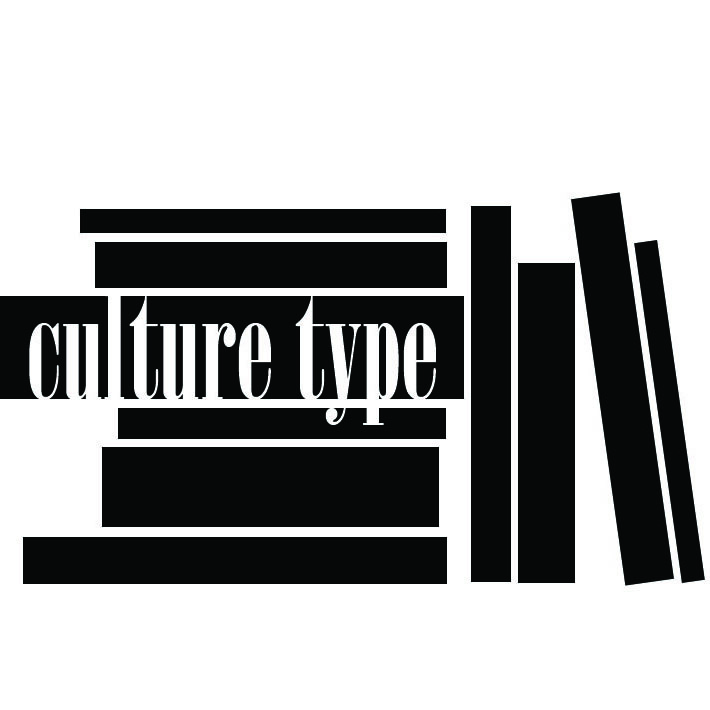THE SMITHSONIAN AMERICAN ART MUSEUM has awarded Njideka Akunyili Crosby the 2014 James Dicke Contemporary Artist Prize for her “bold yet intimate” mixed- media paintings, which it describes as “among the most visually, conceptually and technically exciting work being made today.” The museum made the announcement yesterday. The prize recognizes an artist younger than 50 whose body of work shows depth, breadth and distinct creativity and includes a $25,000 award.
In August, Akunyili Crosby was nominated for the prize alongside a dozen other contemporary artists: Cory Arcangel, Trisha Baga, Paul Chan, Barnaby Furnas, Theaster Gates, KAWS (Brian Donnelly), Josiah McElheny, Dave McKenzie, Julie Mehretu, Frances Stark, Swoon (Caledonia Curry) and Mickalene Thomas.
An independent panel of five art world experts—Thelma Golden of the Studio Museum in Harlem, Sheen Wagstaff of the Metropolitan Museum of Art, and artist Byron Kim, among them—selected the prize winner.

NJIDEKA AKUNYILI CROSBY, “Nwantinti,” 2012, acrylic, charcoal, colored pencil, collage and transfers on paper. | Image courtesy of Marc Bernier. © Njideka Akunyili Crosby
“Njideka Akunyili Crosby’s nuanced work reflects the increasingly transnational nature of the contemporary art world. Akunyili Crosby sensitively negotiates the cultural terrain between her adopted home in America and her native Nigeria, creating collage and photo transfer-based paintings that expose the challenges of occupying these two worlds,” the jurors wrote in their decision.
“She has created a sophisticated visual language that pays homage to the history of Western painting while also referencing African cultural traditions. Akunyili Crosby has a striking ability to depict deeply personal imagery that transcends the specificity of individual experience and engages in a global dialogue about trenchant social and political issues.”
[Njideka] Akunyili Crosby has a striking ability to depict deeply personal imagery that transcends the specificity of individual experience and engages in a global dialogue about trenchant social and political issues.”
— Smithsonian American Art Museum

NJIDEKA AKUNYILI CROSBY, “Predecessors,” 2013 (crylic, charcoal, color pencils, and transfers on paper, two panels). | Image courtesy of Jason Wyche (left panel) and Sylvain Deleu (right panel). © Njideka Akunyili Crosby
Born in Nigeria, Akunyili Crosby graduated from Swarthmore College and studied at the Pennsylvania Academy of Fine Arts before earning a master’s degree in fine arts at Yale University. An artist-in-residence at the Studio Museum in Harlem (2011-12), Crosby’s work appeared in the museum’s recent exhibition “Draped Down,” which examined references to fashion in visual art. Earlier this year, she was featured in “Sound Vision: Contemporary Art From the Collection” at the Nasher Museum of Art at Duke University. She lives and works in Los Angeles.
“I think of my work as capturing the very ordinary, just normal everyday stuff. I think there is something beautiful and powerful in the things that happen daily— intimate situations, sensual situations, things people don’t get to see,” Akunyili Crosby said during her Studio Museum residency. “I think there is a beauty in that. I am very attracted to that. I tried to get at that.” CT

NJIDEKA AKUNYILI CROSBY, “Tea Time in New Haven, Enugu,” 2013 (acrylic, collage, colored pencils, charcoal and transfers on paper). | Image courtesy of Jason Wyche. © Njideka Akunyili Crosby

NJIDEKA AKUNYILI CROSBY, “The Beautyful Ones” Series 1b, 2012-2013, acrylic, colored pencils, pastels and transfers on paper. Image courtesy of Jason Wyche. © Njideka Akunyili Crosby

NJIDEKA AKUNYILI CROSBY, “5 Umezebi Street, New Haven, Enugu,” 2012 (acrylic, charcoal, pastel, colored pencil and transfer on paper). | Image courtesy of Max Yawney. © Njideka Akunyili Crosby
TOP IMAGE: Njideka Akunyili Crosby. | Courtesy of Paul Smith





















